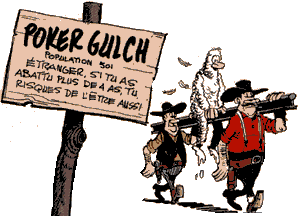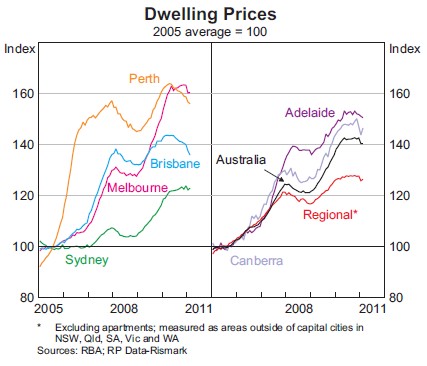Lehmann Brothers collapsed on 15th Septempter 2008. Rudd announced $10b stimulus package in October 2008.
http://www.smh.com.au/business/rudd-unveils-104b-stimulus-plan-20081014-50a6.html
You are correct, however, the first package was simply a teaser which would hardly rate as stimulus these days. The 2008 budget was $316billion.
The real stimulus didn't come until Feb 09.
First stimulus
In October 2008, the Rudd government implemented a A$10 billion stimulus package with the support of the Senate crossbench.
The package included:
$4.8 billion down payment on long-term pension reform
$3.9 billion for low and middle income families ($1000 per child, pensioners $1400, pensioner couples $2100)
$1.5 billion investment to help first home buyers
$187 million to create 56,000 new training places in 2008-09
Accelerate three nation-building funds and investment in nation building projects to 2009
Second stimulus
In February 2009, the Rudd government implemented a A$42 billion stimulus package again with the support of the Senate crossbench. The package included:
$12.7 billion for immediate one-off payments to working Australians, families with school-age children, farmers, single income families and for those undergoing training (A$900 for the average single worker)
$14.7 billion to be spent on the Building the Education Revolution program which built school infrastructure and maintenance and brought forward funding for trade training centres
$6.6 billion to increase the national stock of public and community housing by about 20,000
$3.9 billion to provide free insulation to 2.7 million homes and solar hot water rebates
$2.7 billion in small and general business tax breaks to provide deductions for some equipment purchases before the end of June 2009.
$890 million to fix regional roads and blackspots, to install railway boom gates and for regional and local government infrastructure.
The point is that Keen was only aware of the modest fiscal package at the time he made his bet and predictions. One could speculate on what a government 'might' do next but no one really had a good handle on the situation at the time.
I have yet to see any reliable information that refutes my earlier assumption:
Keens predictions were reasonable for the conditions at the time. CB and govt reactions to an impending implosion in economies was unprecedented; something that was all but impossible to predict.
It wasn't until several years later we learnt that AU banks were backs to the wall and required govt support and as it turns out, secrete liquidity injections via the Fed's back door window. CBA took over a billion and told no one. From memory I think the NAB was in on it too.
Keen wasn't that far from seeing his predictions come true. If the market had known or suspected the CBA was in trouble things may have been different.
I would like to have been a fly on the wall when banks and govt met in secrete to try and save AU's financial system.



